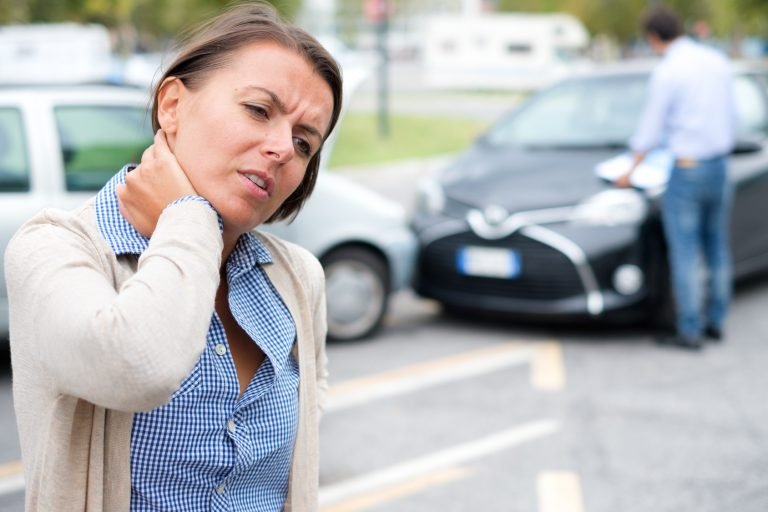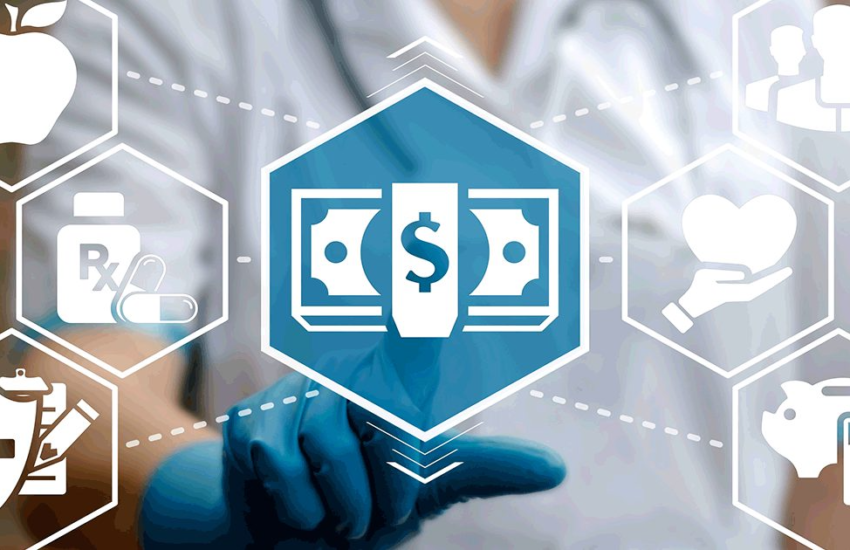Here are Seven Major Health Risks Associated with Car Accidents
Here are Seven Major Health Risks Associated with Car Accidents
Car accidents can be traumatic, and there is no way to completely prepare for the mental and physical consequences of a sudden collision. However, having car insurance coverage can help you reduce the burden of financial expenses.
While some injuries can have long-term consequences regardless of what you do, receiving a fast diagnosis and treatment may improve your prognosis or prevent problems. Even if you receive early treatment, you may require continuous care and experience the effects of your injuries for years to come.
Some people continue to suffer from the consequences of a car accident even after their insurance claim has been settled. The following are some of the most common injuries received by victims of motor vehicle accidents, as well as some car accidents.
Types of Common Car Accident Injuries That Should Not Be Ignored:
- Whiplash
If you have a whiplash injury, you must visit a doctor right away. Whiplash is a sudden strain or sprain of the neck. Auto accidents are a significant cause of whiplash injuries, particularly rear-end collisions. Whiplash happens when your head quickly and forcefully snaps forward and then backwards in a whip-like action. This causes the neck’s joints, muscles, and ligaments to overstretch, damaging the cervical spine.
Whiplash injuries can occur at speeds as low as 10 mph. Neck pain can develop immediately following a whiplash injury, but it can also arise hours, days, or weeks later. Whether or not you are in pain, you should not disregard a possible whiplash injury. Even a minor collision can result in injuries. No matter how minor your vehicle accident, you must consult a doctor for an evaluation. When you see us, we do diagnostic testing such as X-rays to look for fractures, dislocations, and other sorts of injuries.
Whiplash can cause severe or persistent pain if not treated properly. Torn muscles or ligaments that do not heal properly might limit your neck’s range of motion and cause discomfort in your neck and shoulders.
- Brain Traumas
Traumatic brain injuries occur when your head sustains substantial trauma, such as a collision with your dashboard, driver’s window, or another passenger. Some traumatic brain injuries, such as a concussion, can heal on their own with minimum to moderate care and doctor supervision, whereas others, such as those that affect a person’s awareness, are more difficult to recover from. Extreme traumatic brain injury can result in consequences such as coma or a minimally conscious condition, as well as brain death. Among the symptoms of a traumatic brain injury are:
- Symptoms of a concussion
- Coma; loss of awareness
- Unable to wake up
- Feelings of weakness or numbness in the extremities
- Seizures
- Vomiting and diarrhoea that persists
- pupil dilation in one or both eyes
- Coordination problems
- Speech slurred
- Fractured Bones
Fractures are among the most prevalent of the several common automobile accident injuries. In a car accident, individuals are often pushed against the inside structure of the vehicle or thrown out if they are not wearing seat belts.
Passengers who are thrown from a vehicle in an accident are at risk of being run over or collapsing on top of them. Arms, legs, and hand and foot bones are frequently shattered in car accidents. Even though airbags provide vital protection, drivers and front-seat passengers are at risk of rib and chest (sternum) fractures, as well as facial fractures, if they are slammed into the dashboard or steering wheel in a car accident.
- Chest Contusions
Chest contusions, also known as chest bruising, occur when a strong force strikes the chest area. Bruising is common when a direct blow fractures the small blood vessels beneath the skin’s surface but does not break the skin itself. Sudden blood flow beneath the skin causes black and blue discolouration, which fades as the body recovers and reabsorbs the blood normally. Minor chest contusions usually do not necessitate substantial medical attention. To minimise swelling, most individuals merely require over-the-counter medicine and ice.
Because of the inherent power of car crashes, chest bruising frequently accompanies more serious injuries.
- Pulmonary contusions (bruised lungs)
- Lung tears and pneumothorax (collapsed lung)
- Fractured ribs
- Organ damage
- Hemothorax
- Disfiguring facial injuries and scars
Broken glass or impact with a steering wheel, dash, windshield, airbag, side window, car seat, or any hard surface can cause facial injuries in car crashes. Disfigurement caused by face injuries may necessitate surgical treatment and may leave a victim with a permanent scar.
- Limb loss and amputation
Car accidents are the largest cause of “traumatic amputations,” or the loss of a limb or finger as a result of an accident, as opposed to vascular disease, cancer, or congenital reasons.
An automobile accident can seriously damage a crash victim’s fingers, toes, hands, feet, or even an entire limb, making reconstruction impossible. An appendage can be severed by sharp metal or crushed in a car accident. Following an automobile accident, surgical amputation may be required in some circumstances to avoid further harm or to save a person’s life.
- Post-Traumatic Stress Disorder
Post-Traumatic Stress Disorder is a mental condition that develops following a traumatic incident. PTSD is growing more widespread in military people, police officers, and others. PTSD can also occur as a result of an automobile accident. Anyone who experiences or observes severe trauma may acquire PTSD.
Although it is more commonly detected in victims of sexual assault or conflict casualties, it is still a significant concern to persons who have been in a car accident. PTSD might manifest very
modestly at first and steadily worsen over time. It can have an impact on how you function as a person and lower your quality of life.
The best advice for guaranteeing your capacity to physically and financially recover after an auto accident is to be prepared and know what to do following an accident. Consider what you stand to lose if you are seriously wounded in a car accident or if you injure another person.
When compared to the worst-case situation, saving a few bucks on your monthly insurance cost may not save you anything at all. Investigate the type of health insurance plan that will adequately protect you and get yourself a health insurance policy immediately.
It is always best to drive safely, and if you are injured in a car accident, go to the doctor right once. Accidents, as previously said, are fatal to both the driver’s property and the victim’s life. As a result, it is critical to protect against such risks by purchasing car insurance coverage. It pays for expenses incurred as a result of third-party vehicle damage. A valid automobile insurance policy will protect your cash in the event of an emergency and will assist you in dealing with the issue more effectively. It covers the owner-driver for personal accidents (injuries and death) as well as damage to third-party property.




